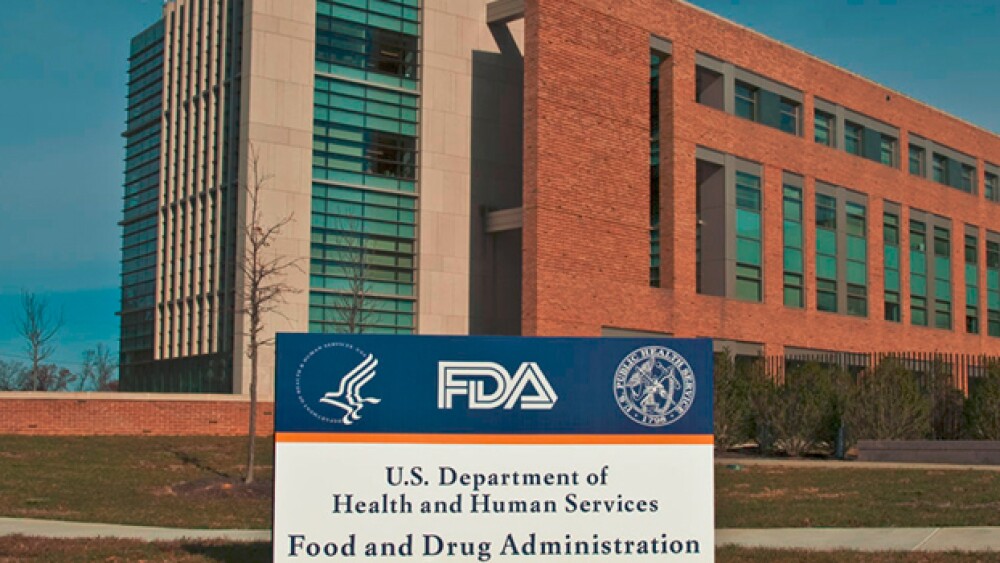People diagnosed with the rare blood disorder known as Erdheim-Chester disease have a new treatment option.
People diagnosed with the rare blood disorder known as Erdheim-Chester disease have a new treatment option. On Monday, the U.S. Food and Drug Administration approved Genentech’s Zelboraf as a treatment for patients diagnosed with a specific mutation of that disease.
Zelboraf (vemurafenib) was approved for the treatment of ECD patients with BRAF V600 mutation. Originating in the bone marrow, ECD is a rare, serious blood disease characterized by the abnormal multiplication of certain white blood cells called histiocytes, which can invade normal tissues and organs in the body. Excess histiocytes can result in tumors infiltrating many organs and tissues throughout the body, including the heart, lungs, brain and others. Based on available published data, it’s estimated there are fewer than 500 cases of ECD in the United States. More than 50 percent of people with ECD have BRAF V600 mutation-positive disease, according to data provided by Genentech.
A kinase inhibitor Zelboraf was originally approved by the FDA in 2011 for the treatment of patients with unresectable or metastatic melanoma with the BRAF V600 mutation.
“The Erdheim-Chester disease community is very encouraged by this first FDA-approved treatment for ECD, bringing new hope to patients and their families,” Kathleen Brewer, president of ECD Global Alliance, said in a statement. “This new treatment option shows that meaningful breakthroughs can occur rapidly when patients, families, research physicians, industry and the FDA work together to help patients.”
Genentech Chief Medical Officer Sandra Horning said the FDA approval marks the first time people living with Erdheim-Chester disease have an approved treatment option.
The expanded approval for the disease was based on data from the Phase II VE-Basket study. The design of that study provided for a faster collection of data that lead to the accelerated development of the drug, Genentech said. Instead of enrolling patients based on disease or location, the study matched the disease’s underlying genetic profile to the mechanism of action in the medication.
That study design was something the FDA pointed to in its approval announcement. Richard Pazdur, director of the FDA’s Oncology Center of Excellence, said the approval is a demonstration of how drug makers can “apply knowledge of the underlying genetic characteristics of certain malignancies to other cancers.”
The Phase II study examined 22 patients with the BRAF V600 mutation. The trial measured the percent of patients who experienced a complete or partial reduction in tumor size. Trial results showed an overall response rate of 54.5 percent. The most common adverse events were joint pain, rash, hair loss, fatigue, change in heart rhythm and skin tags.
The FDA previously granted Priority Review and Breakthrough Therapy Designation to Zelboraf for ECD with BRAF V600 mutation.
In addition to the approval of Zelboraf, Genentech also announced on Monday that the regulatory agency approved its supplemental New Drug Application for Alecensa for the initial treatment of ALK-positive lung cancer. Approval was based on results from the Phase III ALEX study, which showed Alecensa was significantly superior to Pfizer’s Xalkori (crizotinib) when given as an initial treatment for people with ALK-positive NSCLC, Genentech said.





